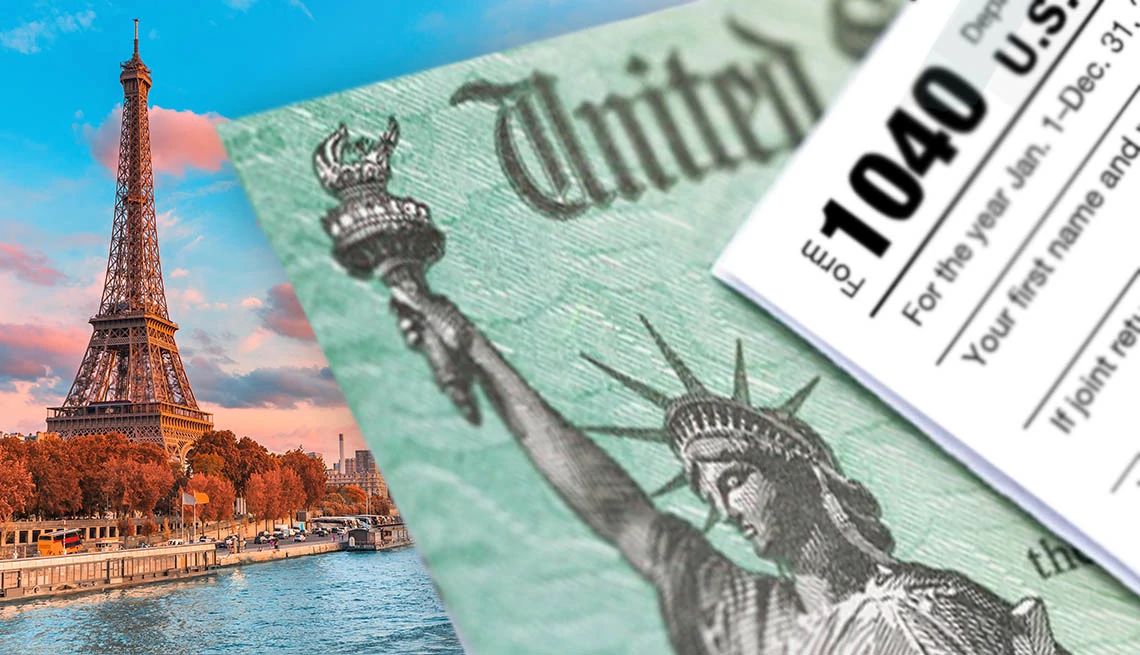Retiring Abroad? Make Plans for Handling Your Money
3 min read
Even if you keep your U.S. accounts, relocation experts recommend opening a bank account where you move. In some countries, such as Costa Rica, Malaysia and Thailand, depositing a certain amount in a domestic bank can be a route to securing residency.
Using a local bank gives you a ready source of cash that isn’t subject to currency fluctuations and conversion fees. It also simplifies paying regular bills like utilities (providers in some places require a local bank account) and handling income if you work or set up a business in your new country.
Rules for opening bank accounts vary by country, but typically you’ll need to show a passport and proof of local residency and make a minimum initial deposit. Make sure the bank you choose accepts transfers from your U.S. financial institution (and vice versa) and find out the fees involved. (Major U.S. banks charge up to $50 for an outgoing international wire transfer.)
You can also use cash transfer services such as Wise, XE and Remitly to move money quickly from a connected U.S. account to your foreign bank or another recipient, in local currency. You’ll need to create an account with the company to use it to send money. These services typically give you a better rate for most currencies than you’d get from your U.S. bank or your local bank if you send dollars to your local account. They can also save you on transfer charges compared to using a bank.
Taxes
Moving to another country means paying taxes in that country, but it doesn’t sever your obligations to the IRS. You still need to file an annual U.S. tax return (and possibly a state return, depending on whether you maintain U.S. residency and whether it’s in a state that taxes income).
The good news is that the U.S. has tax treaties with more than 60 countries that protect Americans living in those places from being fully taxed by both countries on the same income. The bad news is, that’s not as simple as it sounds.
“Even with a treaty in place, the type of tax doesn’t always line up,” says Amanda Rand, president and CEO of Spinnaker Trust, a financial planning and investment management firm in Portland, Maine. For example, something that would be considered a capital gain in the United States might be taxed in another country as ordinary income, which often means higher rates.
Another wrinkle: Not every country bases taxation on the calendar year, as in the United States. In the United Kingdom, for instance, the tax year runs from April 6 to April 5. Not only do filing dates differ — so do the amounts you need to report and how you track them. “It’s kind of a minefield,” Rand says.
There may also be extra U.S. tax filing requirements for expats. For example, if you are still doing any work for pay, you may need to file IRS Form 2555 on foreign earned income. It’s worth the extra paperwork; you can exclude that income — or at least a big chunk of it) — from U.S. taxes if you’ve established another country as your tax home.
For the 2024 tax year, up to $126,500 of income earned while living abroad can be excluded from U.S. income taxes. (If the income is from self-employment, you still need to pay Social Security and Medicare taxes.) The exclusion does not apply to pensions or passive income such as investment returns.
You must also disclose any foreign financial accounts with an aggregate value of more than $10,000 and offshore financial assets worth more than $200,000 under IRS reporting requirements designed to curb money-laundering and tax evasion.
Your U.S. tax preparer may not have encyclopedic knowledge of multinational tax laws, so financial professionals and relocation experts recommend finding a provider in the country where you’re moving.



